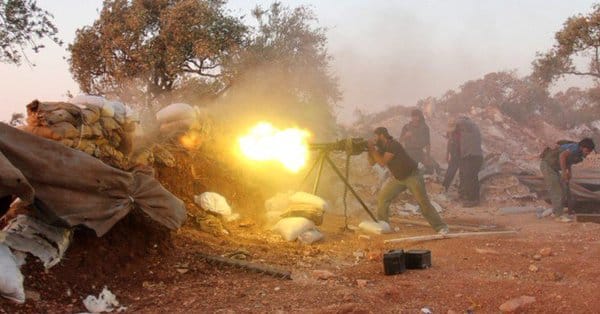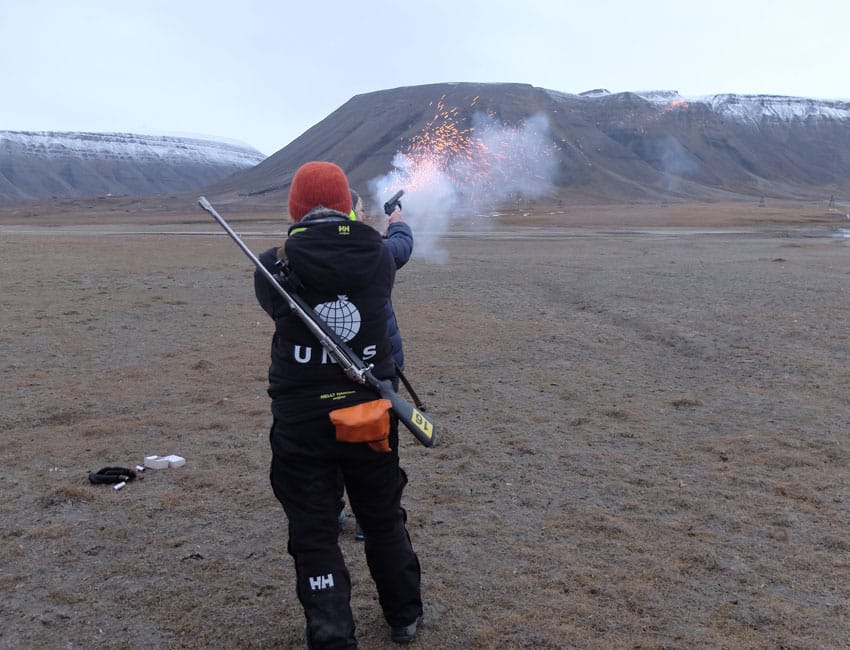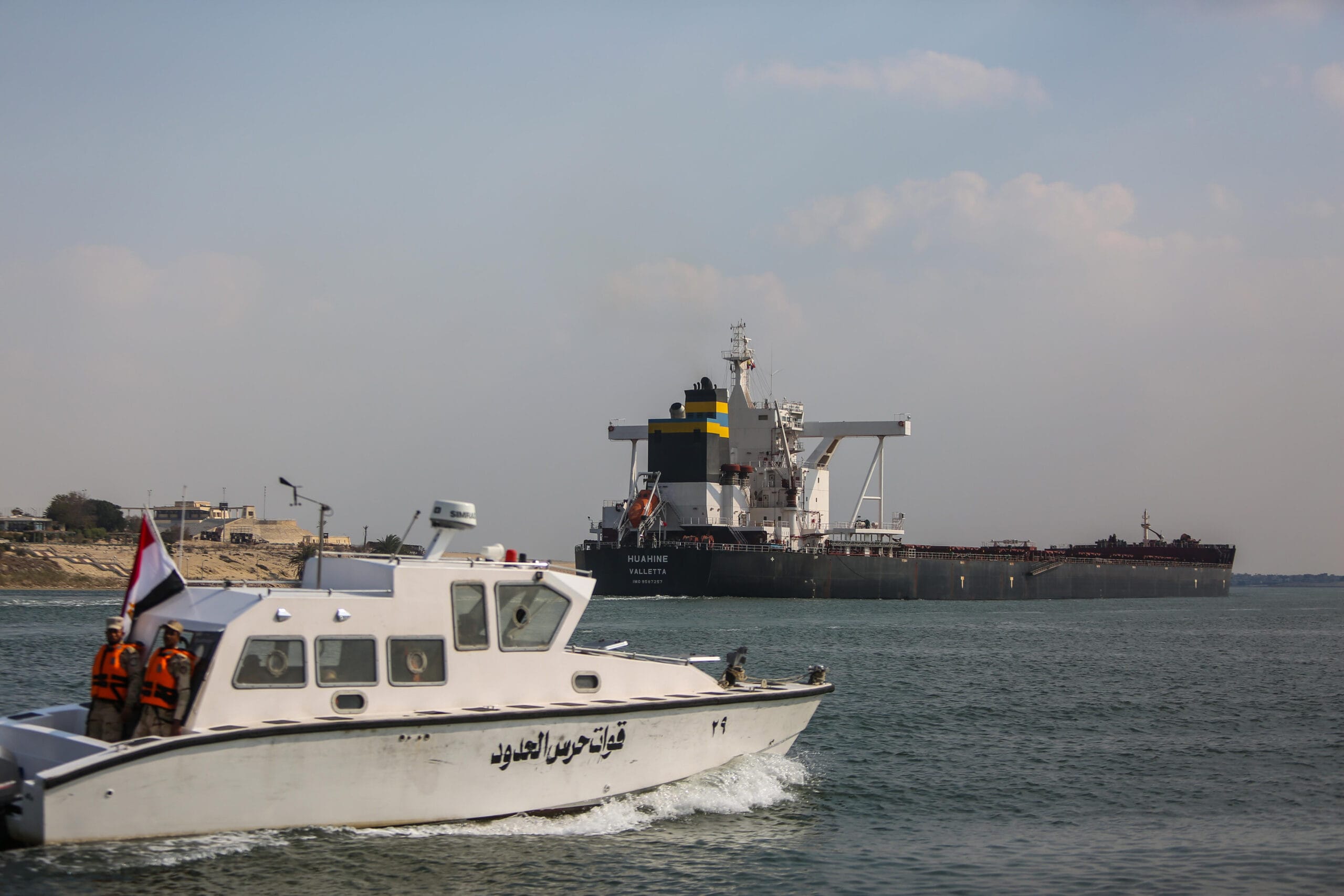In a dramatic escalation of the Syrian civil war, rebel forces have seized control of Hama, the third-largest city in Syria, in what is being hailed as a major victory against President Bashar al-Assad’s regime. This development comes on the heels of a series of setbacks for the government, which has struggled to maintain its grip on key urban centers amid a relentless insurgency.
Hama, historically significant for its strategic location and as a site of past uprisings against the Assad family, fell to the rebels after intense fighting that lasted several days. Eyewitness accounts and local activists reported that the city was overrun by a coalition of various rebel factions, including the Free Syrian Army and more radical groups, who have united in their efforts to dismantle the Assad regime.
The loss of Hama is particularly damaging for the government, which has relied on the city as a logistical hub for military operations in central Syria. With its fall, the rebels have not only gained a foothold in a crucial area but have also dealt a psychological blow to the Assad government, which is already facing increasing international isolation and domestic unrest.
Rebel leaders have stated that the capture of Hama will serve as a rallying point for further operations aimed at liberating other cities and regions under government control. Analysts suggest that this victory could embolden other rebel groups and lead to a surge in recruitment, further complicating the already chaotic landscape of the Syrian conflict.
International reactions to the fall of Hama have varied. Some Western nations have expressed support for the rebels, while others remain cautious, concerned about the rise of extremist factions within the opposition. Meanwhile, Russia and Iran, key allies of the Assad regime, have condemned the rebel advances, vowing to continue their military support for the Syrian government.
As the situation continues to evolve, the implications of Hama’s capture could be far-reaching, potentially altering the balance of power in the region and affecting the broader geopolitical landscape. The Syrian civil war, now in its twelfth year, shows no signs of abating, with millions displaced and countless lives lost in the ongoing struggle for control and survival.
Sources: Al Jazeera, Reuters, BBC News, The New York Times.



